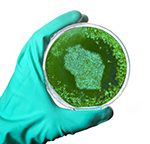 The January 2018 issue of the Journal of Clinical Microbiology features an article about an innovative statewide biosafety risk assessment conducted by the Wisconsin State Laboratory of Hygiene Communicable Disease Division (WSLH CDD).
The January 2018 issue of the Journal of Clinical Microbiology features an article about an innovative statewide biosafety risk assessment conducted by the Wisconsin State Laboratory of Hygiene Communicable Disease Division (WSLH CDD).
From the article “Laboratory Focus on Improving the Culture of Biosafety: Statewide Risk Assessment of Clinical Laboratories That Process Specimens for Microbiologic Analysis” –
Laboratory biosafety is a form of prospective risk management in which individuals make judgments to avoid potentially negative outcomes while being cognizant of the fact that the information provided may contain uncertainty. In this dynamic paradigm, successful risk management and the prevention of laboratory-acquired infections may be impacted by sample volume, microbial pathogenicity, routes of exposure, host immune status, and the workload, knowledge, and experience of the individuals in the laboratory. A formal biosafety risk assessment is a three-facet process by which hazards are identified, the risk associated with these hazards is evaluated, and the means by which the hazard can be eliminated or controlled are determined.
The Wisconsin Clinical Laboratory Network (WCLN) Laboratory Technical Advisory Group (LabTAG) collaborated with WSLH CDD staff to create the assessment tool and also helped analyze the data and draw some conclusions. LabTAG and CDD staff co-wrote the JCM article.
According to WCLN Coordinator Erin Bowles, the article is an important step in highlighting the work Wisconsin clinical laboratories have done on increasing biosafety.
“We wanted to highlight the effort that WI labs are putting forth to improve their culture of biosafety. There haven’t been any other states that have taken this approach or published any results so we wanted to get this published,” Erin said.
Read the article at http://jcm.asm.org/content/56/1/e01569-17.full

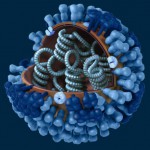 In this webinar, Wisconsin State Laboratory of Hygiene (WSLH) Virology Team Lead Erik Reisdorf reviews the basics of seasonal and pandemic influenza, what we expect to happen this flu season, and the importance of
In this webinar, Wisconsin State Laboratory of Hygiene (WSLH) Virology Team Lead Erik Reisdorf reviews the basics of seasonal and pandemic influenza, what we expect to happen this flu season, and the importance of  The Wisconsin State Laboratory of Hygiene (WSLH) at the University of Wisconsin-Madison has been chosen as the central analytical laboratory and program office for the National Atmospheric Deposition Program (NADP).
The Wisconsin State Laboratory of Hygiene (WSLH) at the University of Wisconsin-Madison has been chosen as the central analytical laboratory and program office for the National Atmospheric Deposition Program (NADP).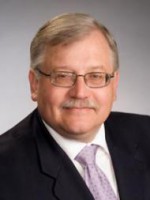 Wisconsin State Laboratory of Hygiene Medical Director and University of Wisconsin Professor of
Wisconsin State Laboratory of Hygiene Medical Director and University of Wisconsin Professor of 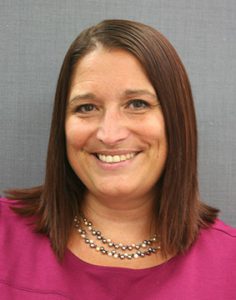
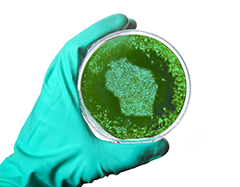 On Nov. 6th,
On Nov. 6th,